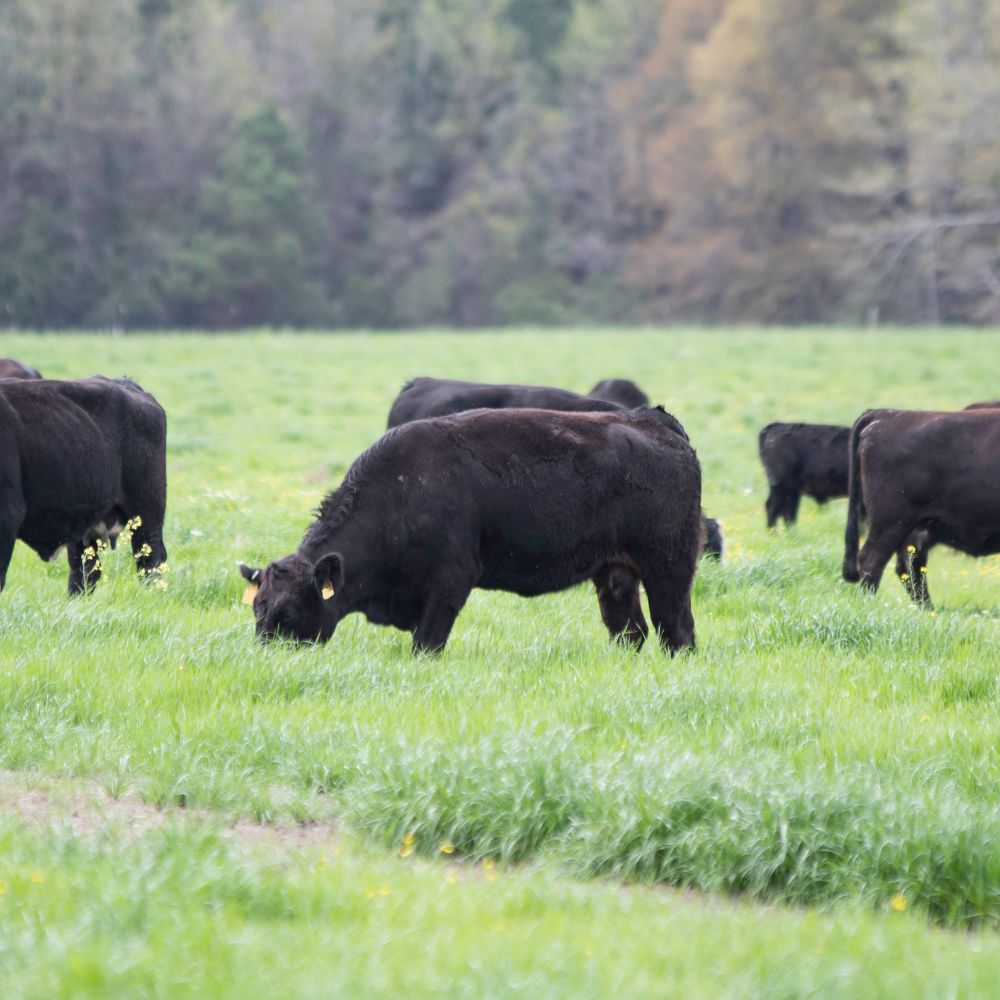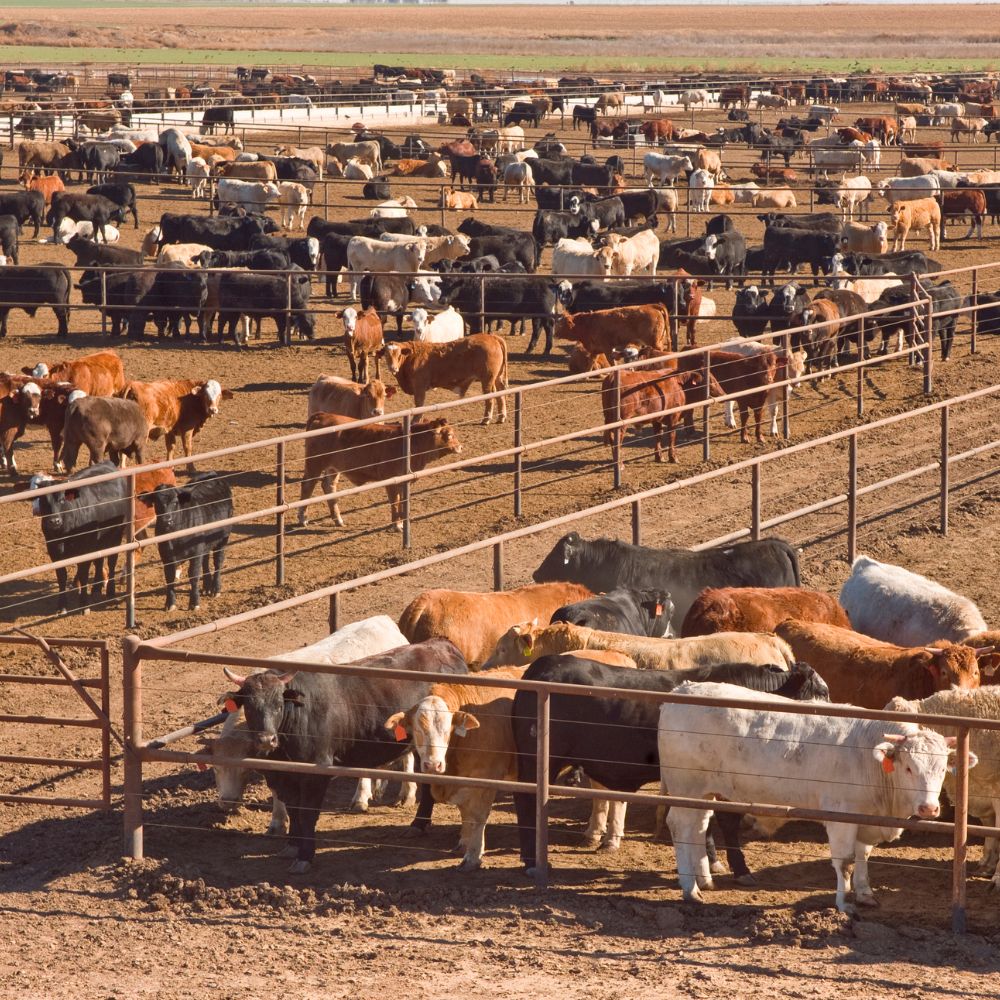7 Simple Techniques For Bagley Risk Management
Wiki Article
Bagley Risk Management for Dummies
Table of ContentsSome Of Bagley Risk ManagementUnknown Facts About Bagley Risk ManagementA Biased View of Bagley Risk ManagementBagley Risk Management for BeginnersThe Best Strategy To Use For Bagley Risk Management
This way, if prices do drop listed below that break-even point by the end day, insurance policy holders are safeguarded versus a loss. This is very similar to the way barnyards operate, though they use a typical bush. When a rancher agreements their livestock with a feedlot, they hedge those livestock to lock in the profit factor.This will be offset by the raised value of the livestock., herdsmans secure versus a decline in the futures board, but do not shed out on the higher return when prices go up.
They do this by choosing a lower percent of the predicted finishing value - Rma LRP. This is a terrific technique for those seeking lower premium rates or that have a higher threat resistance as a result of strong fiscal wellness. This method might not safeguard productivity, however it can shield versus severe market declines
There is not a whole lot of security or insurance coverage on a month-to-month basis, but if there is a significant mishap, manufacturers have the satisfaction that comes from understanding they will only be liable for a specific quantity expense. Just remember, expect the very best but get ready for the worst.
Bagley Risk Management Can Be Fun For Anyone

Feeder livestock can be covered up to a 900-pound expected end weight and fed livestock can be covered up to a 1,400-pound end weight. With a number of weight classes to pick from, it is possible to cover pets via the feedlot to the packer rail.
Applications can take a number of days to process and just filling up one out does not secure the applicant into a plan. As soon as the application is authorized and ready, the LRP recommendation, with its end day and projected ending value, can be secured swiftly. This allows breeders to cover calves when the price is best for their market danger monitoring goals.
Image Courtesy USDA-NRCS Costs for calves, feeder cattle and finished livestock have established some new documents this fall and very early winter season. A combination of situations has actually precipitated these historical costs. There is currently a lot of mindful positive outlook on the component of cow-calf producers as they look at the future.
Bagley Risk Management Things To Know Before You Buy

There are some advantages to producers in utilizing LRP insurance coverage as contrasted to a traditional feeder livestock agreement or acquisition of an alternative - Cattle insurance. One is the adaptability in the variety of livestock that can be insured. There is no reduced limitation to the variety of livestock that can be guaranteed
There is no responsibility to sell cattle on which you have acquired LRP Feeder Cattle insurance coverage. You might choose to maintain ownership and still be eligible for the indemnity needs to the Actual End Value fall listed below your Protection Cost. You may market livestock covered by LRP any time, provided the transfer of ownership does not take place more than 60 days before the LRP Agreement End Date.
If livestock die and your Ag, Risk Advisor is notified within 72 hours of you finding out of the death, the protection remains basically, and the producer is qualified for indemnities because of cost loss, also on those animals which died. Yes! Calves can currently be covered prior to unguis hit the ground.
9 Simple Techniques For Bagley Risk Management

Action 1) Complete an application. Applications ensure newbie clients can be pre-approved to create an LRP policy It is totally article source free! Step 2) Lock in an Unique Protection Recommendation (SCE) when you locate a quote that satisfies your goals. There are several degrees of quotes that are released day-to-day making this an extremely flexible product that will certainly fit any manufacturer.
We are right here for you. Together, we're better. Together, we'll safeguard your investment.
With the nonstop fluctuation and changability of the marketplace, Animals Danger Security (LRP) is something all cattle producers must take into consideration. The primary purpose of LRP is to protect against the unexpected down cost activity in the marketplace by setting a base upon any offered day and sort of cattle you wish to insure.
Not known Facts About Bagley Risk Management
There are a range of insurance coverage degree alternatives ranging from 70 to 100 percent of the expected finishing worth (https://www.intensedebate.com/profiles/andrewbagley62685). At the end of the picked insurance policy period, if the real ending value is listed below the insurance coverage rate, you will certainly be paid an indemnity for the difference in rate. Manufacturer anticipates to market 1,000 head of 11cwt cattle and selects coverage of $66As of 2020, LRP (Cattle) is currently available in all states when the market is offered. 1. Feeder Livestock with finishing weights under 600lbs or 600lbs-900lbs, and 2. Fed Cattle with ending weights between 1,000lbs-1,400 lbs that will certainly be marketed for slaughter near the end of the insurance coverage period. whereas livestock insurance coverage does.
Report this wiki page